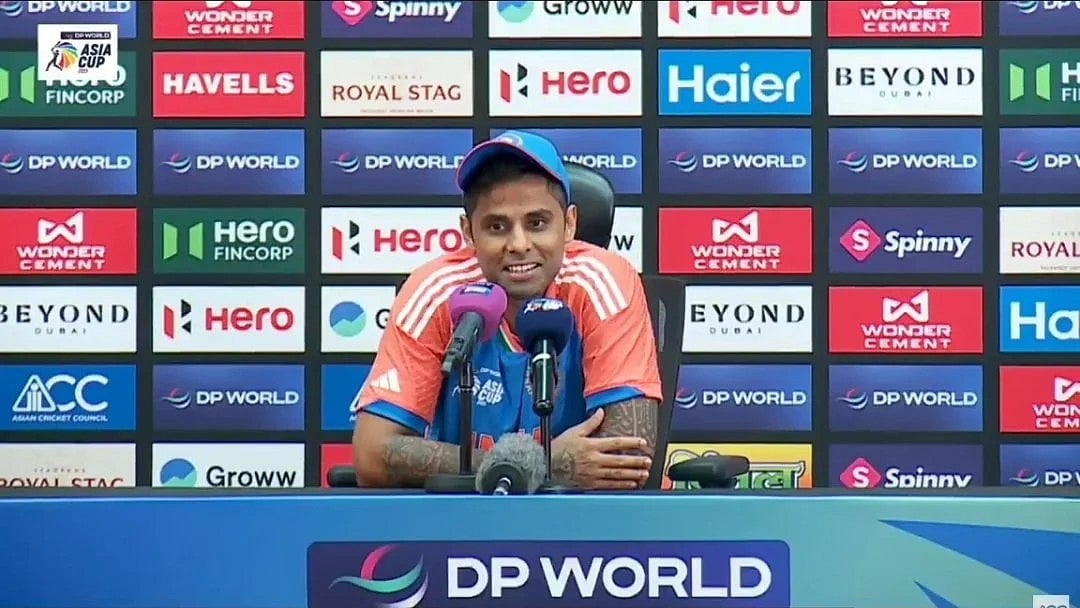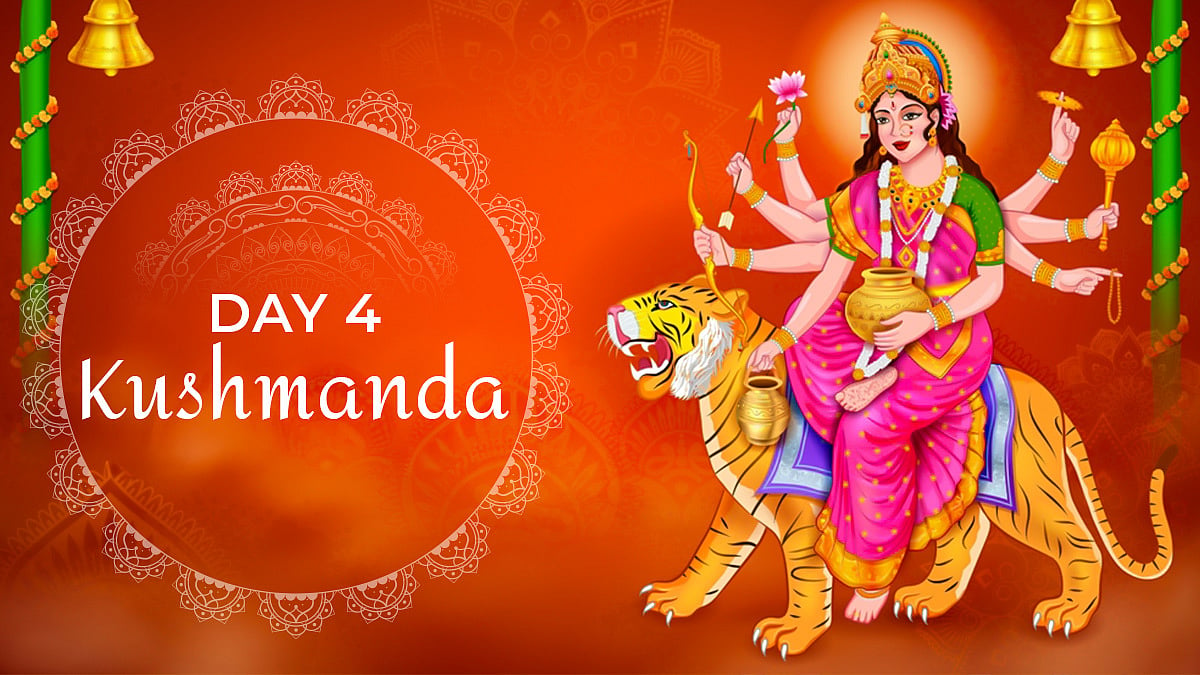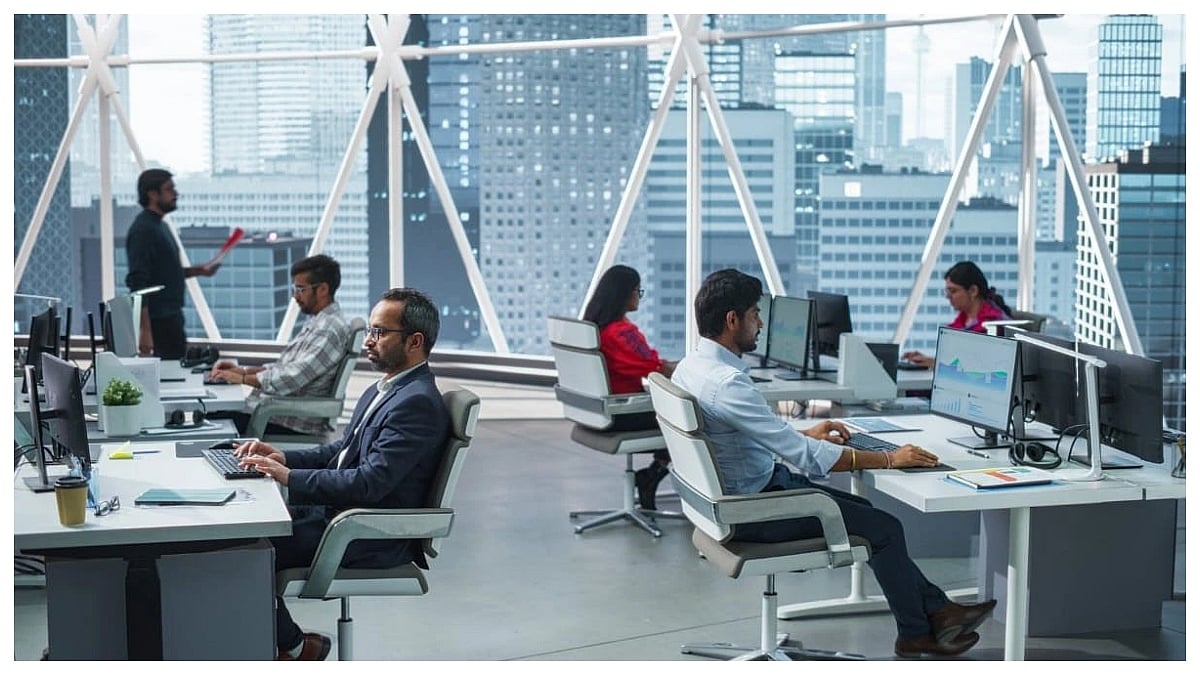***Whether it is Rani Lakshmibai of Jhansi leading from the front during the 1857's First War for Independence or participation in the Freedom Movement, women have always been at the forefront of public life. But are they treated as equals?***
***“To expect to be respected as an equal, fellow-human being is like expecting the moon,” smiles actor Urmila Matondkar who contested the 2019 general elections from the Mumbai North constituency and lost to Gopal Shetty of the BJP who had mocked her as a “bholi-bhali ladki who is zero in politics,” during his campaign.***
The actor who resigned from the Congress in 2019 says she has reached a conclusion that most men want to either pedestalise women as goddesses or sexualise them as objects.
***“This is a constant struggle for women in the public life and it can be very frustrating because everything you do or say is judged from this lens,” she says admitting the glare becomes sharper in case of women film actors. “This binary of looking at women has been normalised for so long that its not even seen as problematic.”***
***Matondkar's lament brought back memories of what Executive Director of UN Women Phumzile Mlambo-Ngcuka told this writer: “Stereotypes and norms that discriminate against women and have survived generation to generation are very hard to change.” ***
***She had also lamented how in many countries like India, perpetrators tend to get away with it. “This sends a wrong signal to them. We have been unable to demonstrate strongly enough how unacceptable this is. ***
We just don't have enough leaders with zero tolerance for violence and sexism against women, who speak up, give voice to the issue and therefore set the tone of public discourse on the subject.”
India's choice for the chief guest for the 2020 Republic Day Parade underlined this emphatically. Brazil's President Jair Messias (a retired military man, known for his misogyny, homophobia and targeting of indigenous people) has made international headlines in 2014 for telling Brazil's opposition's Maria do Rosario on the parliament floor, “I wouldn't rape you because you're not worthy of it.”
Not only did he not apologise despite the avalanche of criticism but repeated his comment against Rosario saying he would not rape her “because she was ugly.” Not only the partymen but even the otherwise loquacious women in the government chose complete silence and did not even engage with the issue.
Kolkata-based sociologist Meghna Kashyap says the recent two-day visit by the President of the United States Donald Trump saw a repeat of this act.
“The complete quiet on his signature disgusting misogyny and sexism not only from the government (which went all out to roll the red carpet) but also from the mainstream media is appalling,” she said and added, “Have we forgotten this man has said no one would vote for his former rival Carly Fiorina because of her face and suggested women should be 'punished for having abortions' and joking that he'd date his daughter? Also remember how he disgustingly said in April 2015, “If Hillary Clinton can't satisfy her husband, what makes her think she can satisfy America?” Or the extremely distasteful comments about about grabbing women by the p****?”
Mlambo-Ngcuka blames the media for abdicating its responsibility in addressing these issues and highlighting them since they largely play out in the media. “May be you guys need to introspect whether you are asking the right questions of certain people in a way that is required. This of course is making our work very difficult across the world. I admit everybody has a role to play here.
I think examples like the one you brought up (Trump) show the heightened need for education and awareness on what is/is not acceptable when it comes to women.
Many women are discouraged from getting into mainstream politics or running for high office because of this scenario. It can get really nasty, ugly, sexist and personal to a point where the woman is pushed into thinking,
I don't need this. In some countries, this can actually take the form of death threats, attacks and has even led to killings.”
Can this change? Kashyap insists it can. “But it will have to start from each of our homes. We have to work with both mothers and fathers, girls and boys, women and men. Though it seems formidable, giving up on the struggle is not an option we have.
And yes we may not have answers to all the whys right away but we are resolute about working on them systematically to arrive at answers. The only way to do that is working on strengthening all participants and stakeholders fighting gender inequality.”





